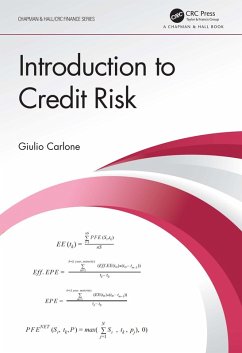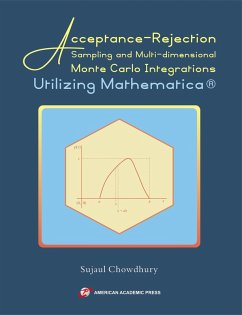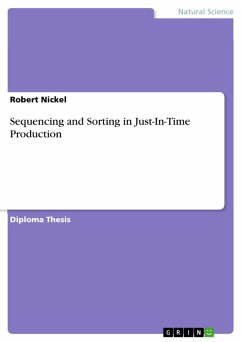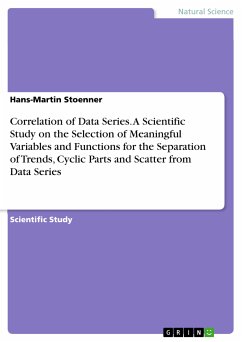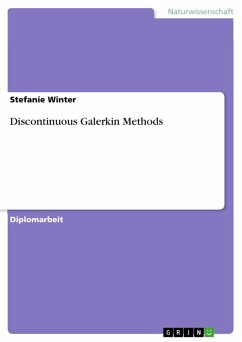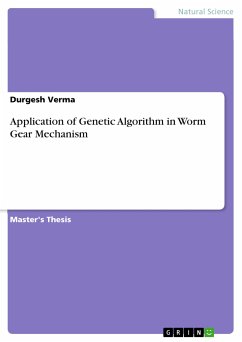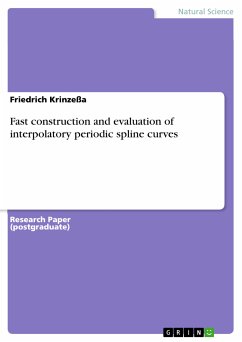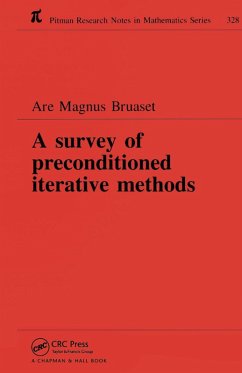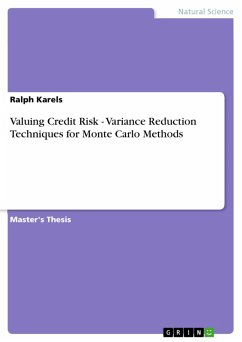
Valuing Credit Risk - Variance Reduction Techniques for Monte Carlo Methods (eBook, ePUB)
Sofort per Download lieferbar
18,99 €
inkl. MwSt.

PAYBACK Punkte
0 °P sammeln!
Master's Thesis from the year 2003 in the subject Mathematics - Applied Mathematics, grade: 2,0 (B), Frankfurt School of Finance & Management, language: English, abstract: This paper deals with the valuation of credit risk derivatives on the basis of Monte Carlo simulation methods with the main viewpoint on variance reduction techniques. Therefore, first an overview on credit risk derivatives like credit default swaps and first to default baskets is given. It turns out that modelling of the joint distribution of dependent credit default times proves to be the crucial element. Once obtained, an...
Master's Thesis from the year 2003 in the subject Mathematics - Applied Mathematics, grade: 2,0 (B), Frankfurt School of Finance & Management, language: English, abstract: This paper deals with the valuation of credit risk derivatives on the basis of Monte Carlo simulation methods with the main viewpoint on variance reduction techniques. Therefore, first an overview on credit risk derivatives like credit default swaps and first to default baskets is given. It turns out that modelling of the joint distribution of dependent credit default times proves to be the crucial element. Once obtained, any credit derivative can be valued. A convenient way of achieving this is by use of the copula concept, which migrates marginal distributions of credit default times obtained from a credit curve into a joint distribution incorporating any kind of desired dependency structure. A section devoted to this concept provides the necessary background and properties. Next, the general Monte Carlo concept is introduced in detail and carefully adapted to the valuation of credit derivatives, following the path of constructing dependent uniform random variables from dependent normal random variables. At the same time, first insight is gained in the field of variance reduction which is intensified in chapter four, where a series of techniques including antithetic sampling and control variates is presented. The main focus shall lie from there on on importance sampling. In order to increase the efficiency of Monte Carlo methods, sampling is restricted to the region of importance where the function to be evaluated - here: the indicator function of the credit default times - does not vanish. This technique is applied and examined in detail in the final chapter for the one- and multi-credit case. Exponential as well as normal importance sampling densities are derived.
Dieser Download kann aus rechtlichen Gründen nur mit Rechnungsadresse in A, B, BG, CY, CZ, D, DK, EW, E, FIN, F, GR, HR, H, IRL, I, LT, L, LR, M, NL, PL, P, R, S, SLO, SK ausgeliefert werden.




